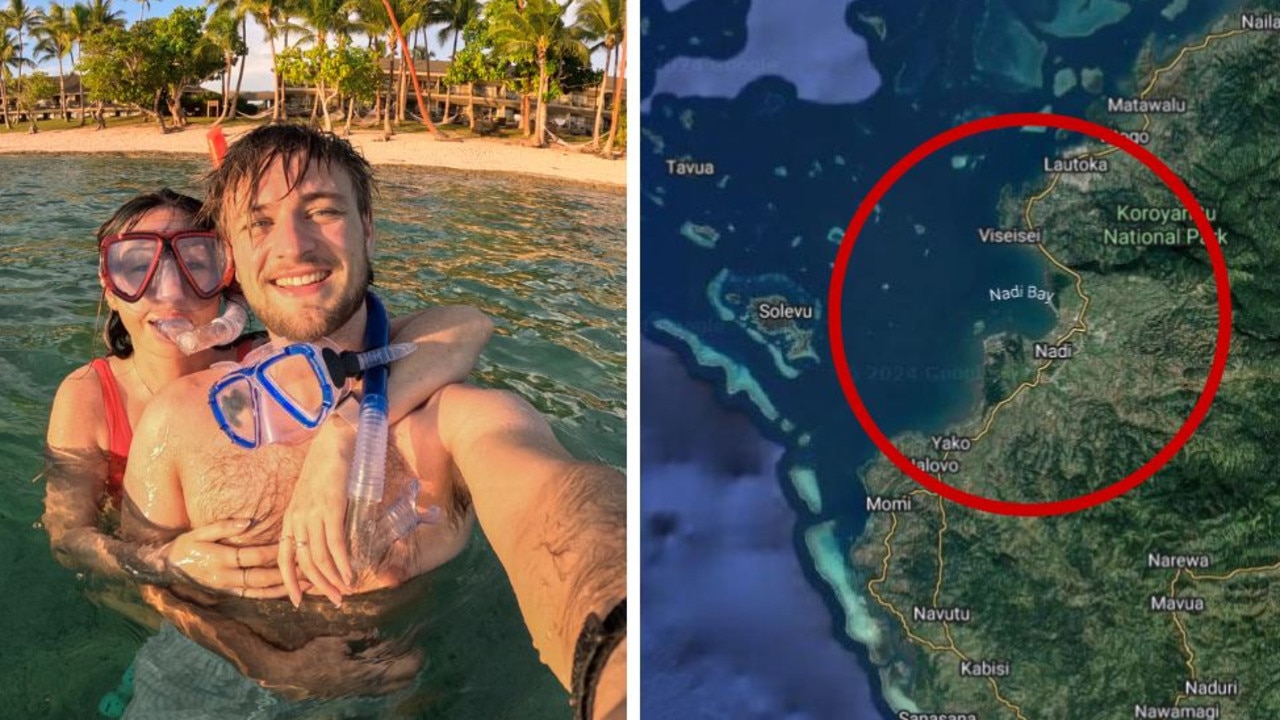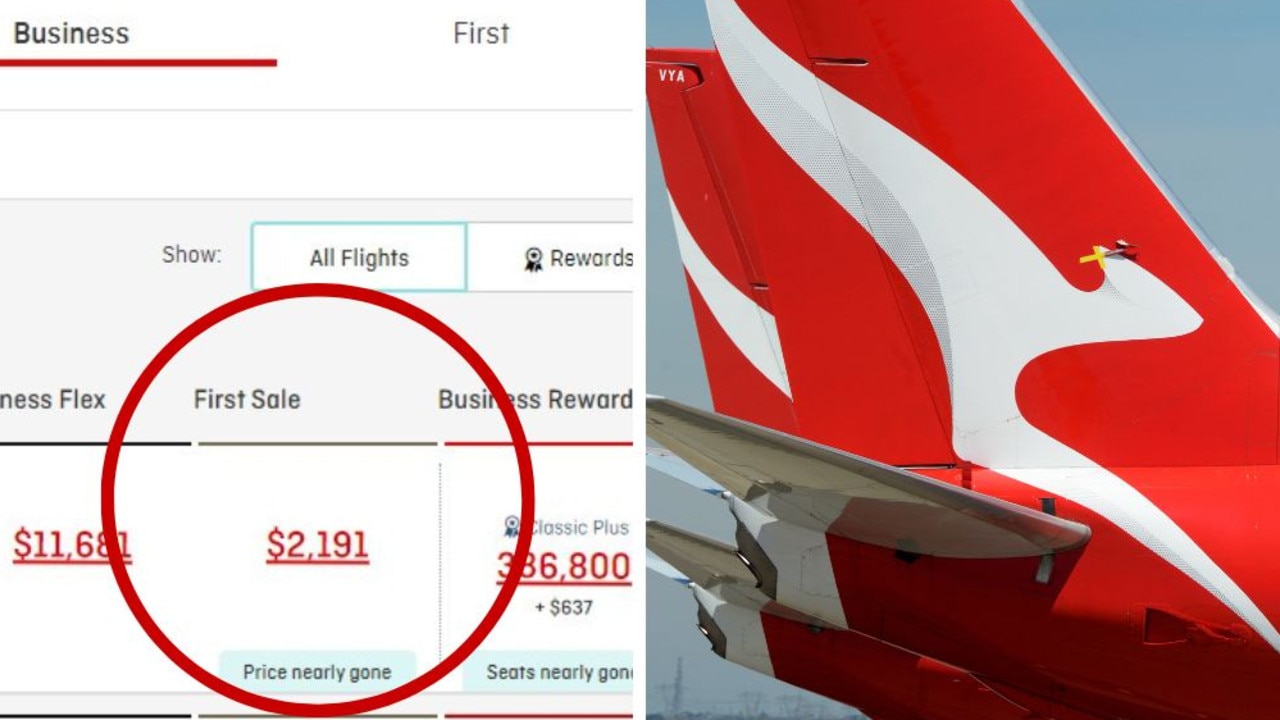Cruises, asthma, IVF: Surprising things travel insurance doesn’t automatically cover
We think insurance will help with all kinds of holiday mishaps. But common things, from asthma to IVF pregnancy and even theft, may leave us high and dry.
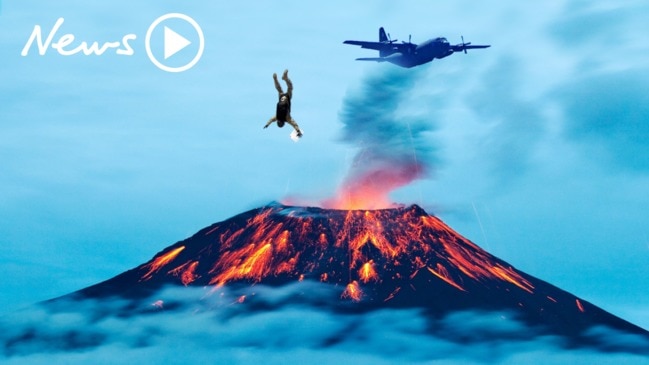
Travellers with asthma or high blood pressure, women who are pregnant by IVF or people going on a cruise holiday may find themselves left high and dry by travel insurers who don’t automatically cover them.
A surprisingly high number of travel insurance policies don’t automatically cover a range of common conditions, mishaps and holiday types, comparison site Mozo says.
Mozo compared 374 travel insurance policies from 60 providers in its database and found several fairly common health conditions were either ruled out from coverage or required further assessment, while certain holiday misadventures – from credit card theft to death – also didn’t come with guaranteed cover.
In about half of cases, cruise holidays weren’t automatically covered, while mishaps related to alcohol usually rendered policies void.
“It absolutely pays to read the fine print because things you may assume you’re covered for are not always guaranteed,” Mozo director Kirsty Lamont said.
“Common conditions like asthma, diabetes, epilepsy, high blood pressure and high cholesterol are not always covered.
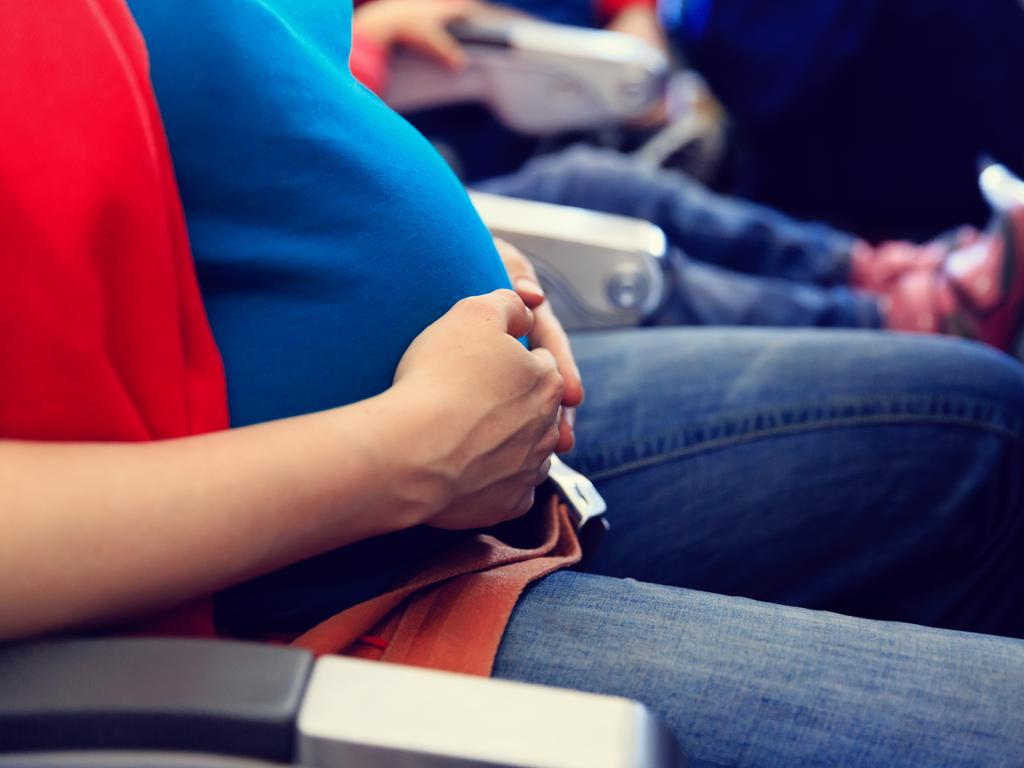
“For travellers over 70, cover is not guaranteed, and some insurers who do provide coverage charge staggering amounts, up to 10 times more than younger travellers.”
Ms Lamont said travel insurance policies varied greatly and customers needed to know what they were buying.
“This can help you avoid crippling costs in the event of a medical mishap, theft or the need to fly home due to unforeseen circumstances,” she said.
The best way to avoid falling for the surprising pitfalls outlined below is to check the fine print before committing to buy a policy.
COMMON HEALTH CONDITIONS
Mozo found providers and policies treated different conditions differently.
Epilepsy was the condition with the least automatic coverage. Close to a third of insurers wanted assessment for travellers with epilepsy and diabetes.
In the comparison below, “optional, extra cost” means the condition will be covered – if the customer pays an additional premium.
“Assessment required, may cost extra” means the insurer wants a medical assessment first – and if they decide to proceed with coverage, they may charge the customer an additional premium.
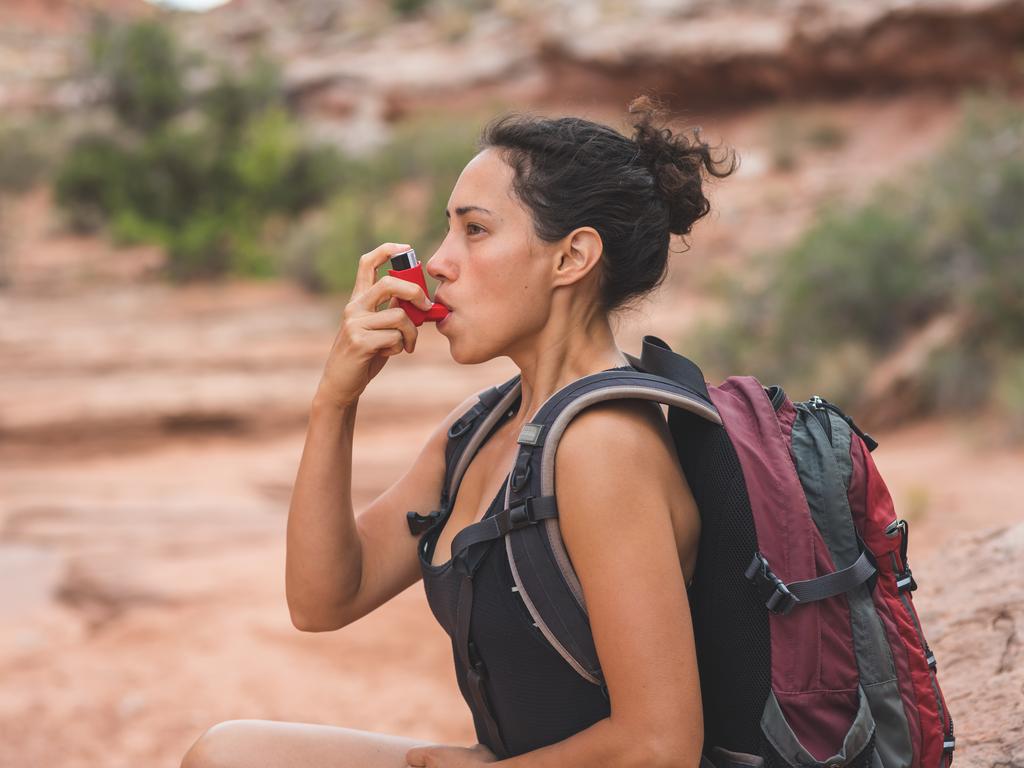
ASTHMA
Automatic cover: 86%
No cover: 1%
Optional, extra cost: 2%
Assessment required, may cost extra: 11%
DIABETES
Automatic cover: 68%
No cover: 2%
Optional, extra cost: 2%
Assessment required, may cost extra: 28%
EPILEPSY
Automatic cover: 53%
No cover: 11%
Optional, extra cost: 2%
Assessment required, may cost extra: 33%
HIGH CHOLESTEROL
Automatic cover: 79%
No cover: 3%
Optional, extra cost: 2%
Assessment required, may cost extra: 16%
high blood pressure
Automatic cover: 79%
No cover: 3%
Optional, extra cost: 2%
Assessment required, may cost extra: 16%
PREGNANCY
Mozo found 12 per cent of insurers offered no coverage for pregnancy. In cases it was covered, it was generally for “normal” pregnancies, defined as those involving a single foetus, with no previously diagnosed complications, and not arising from IVF.
Pregnant women are generally covered up to 24 weeks, and any complications after that are not covered.
Half the policies did not cover childbirth, and none covered newborn or antenatal care.
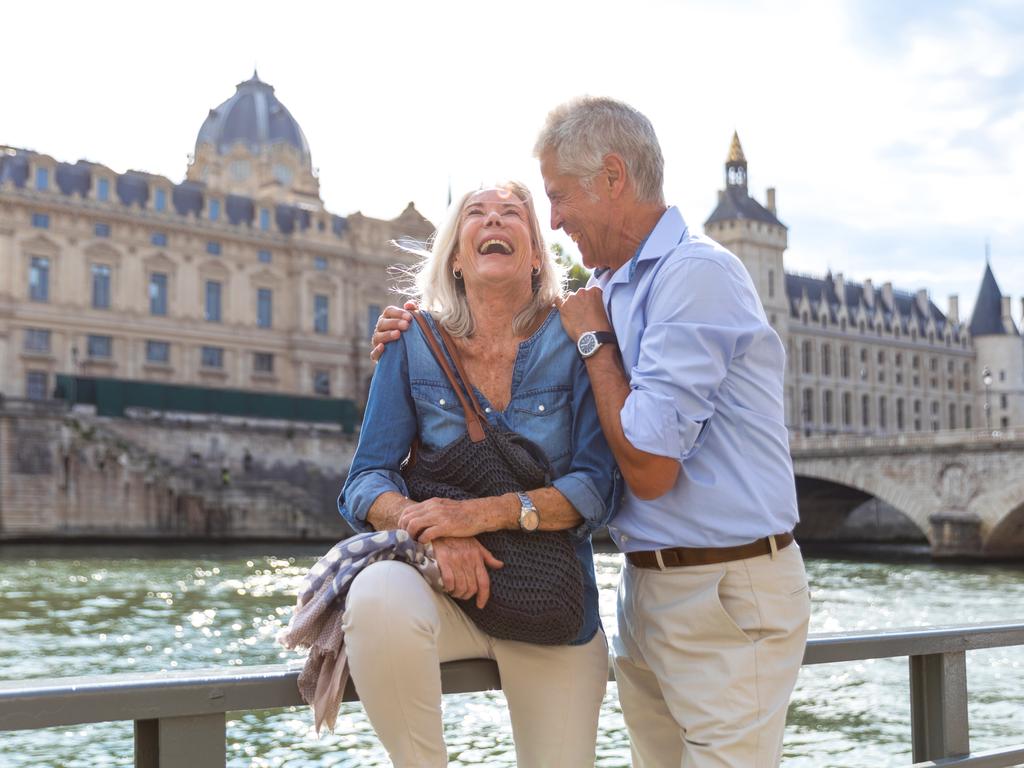
OLDER TRAVELLERS
All insurers imposed restrictions on older travellers. The age of 70 was the youngest age the restrictions kicked in, while 76 was the average age across all policies.
The average age where insurance stopped was 85.
Mozo found 38 per cent of insurers didn’t provide insurance over a specific age, 46 per cent only offered comprehensive insurance over a certain age, 8 per cent imposed a large excess for travellers over a certain age who made claims, and 8 per cent offered “mature travellers policies”.
MENTAL HEALTH
More than half of insurers did not cover incidents related to mental health, according to a Mozo study in 2018.
“Many travel insurers have a very black and white view of mental health,” Mozo said. “A period of stress 15 years ago could fall into the same category as present-day diagnosed schizophrenia when considering eligibility for cover.”
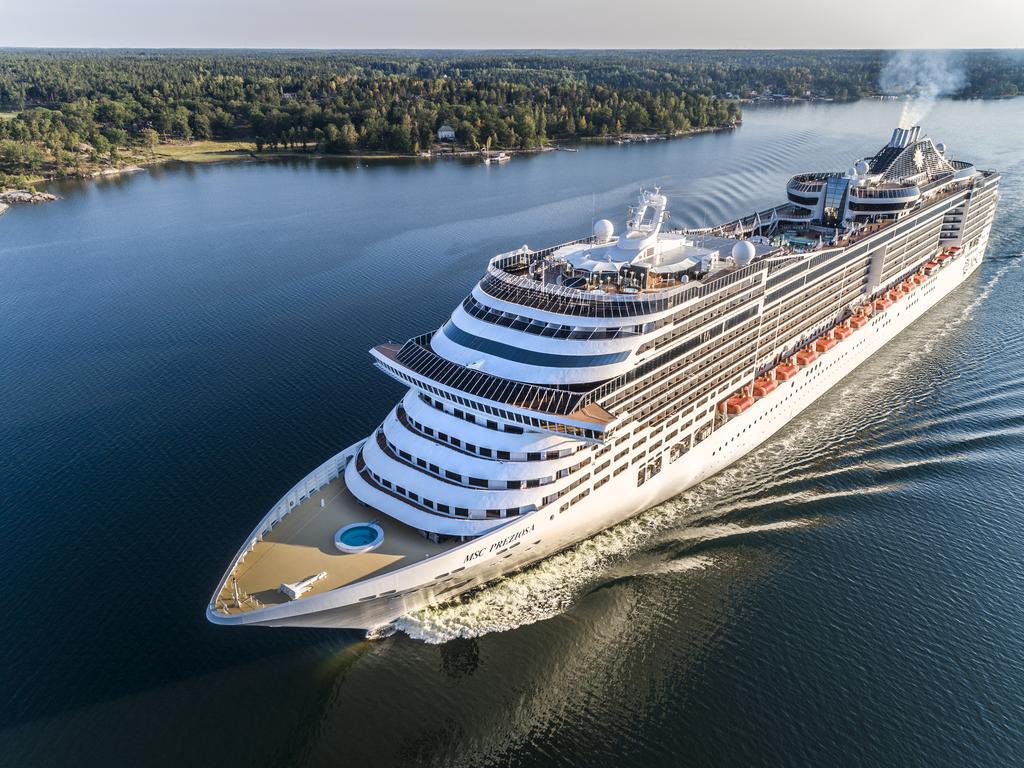
OTHER POTENTIAL PITFALLS
Other things travellers might assume were covered by their insurance policy but were not necessarily included:
Credit card theft: Only 53 per cent of insurers actually covered stolen credit cards or fraud. Coverage had a minimum of $250, a maximum of $15,000 and a median of $5000.
STIs and STDs: Awkwardly, these are not covered by any insurer.
Alcohol and drugs: All policies have an alcohol exclusion policy, which means any claim will be voided if the customer was under the influence of alcohol or drugs, with very few exceptions.
Death: Basic policies don’t cover death of the policyholder. Mozo found 70 per cent of policies had death coverage, which varied between $5000 and $75,000. The median was $25,000.
Cruises: Weirdly, 54 per cent of policies didn’t cover cruises – travellers had to pay for additional cover. Mozo found 21 per cent of insurers didn’t offer the option to be covered.
Activities: Mozo found several recreational activities weren’t always covered by policies, so travellers planning on participating should pick a policy that specifically covered them.
They included bungee jumping, conservation work, mountain biking, mountaineering, scuba diving, skydiving, surfing, trekking and snow boarding.
No insurer covered rock climbing – in only 26 per cent of cases was the option to be covered.

